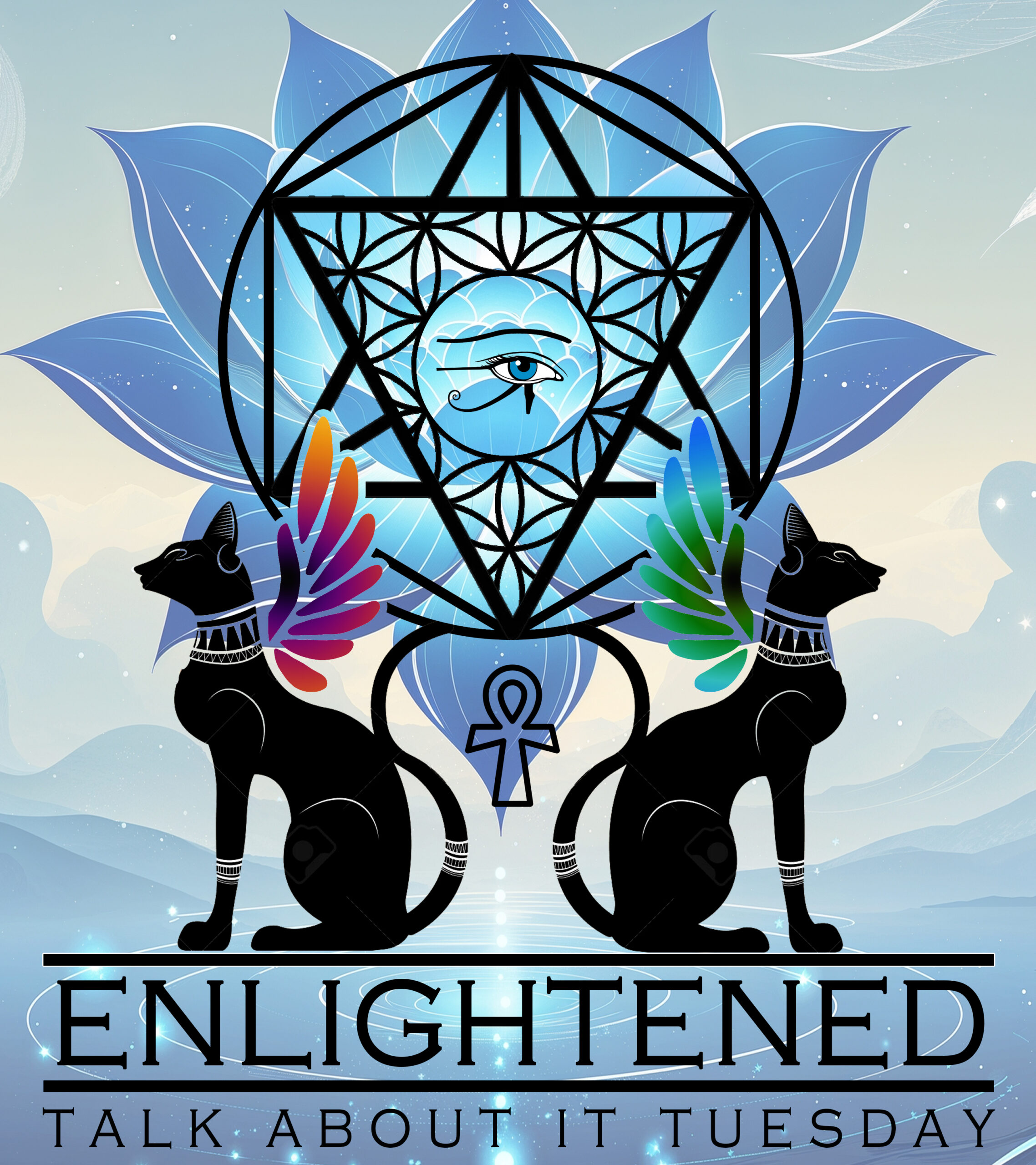In the intricate dance of human connection, few gestures hold as much power as a heartfelt “thank you.” Yet, in our fast-paced lives, the profound impact of expressing gratitude often gets overlooked or reduced to a fleeting formality. True gratitude in relationships goes beyond a polite acknowledgment; it’s an intentional act that deepens bonds, fosters appreciation, and cultivates a more loving and resilient connection. It’s about recognizing the effort, the thought, and the spirit behind someone’s actions, and communicating that recognition in a way that truly resonates.
Consider the subtle shifts that occur when gratitude becomes a conscious practice. It transforms routine interactions into moments of genuine connection. It can mend minor rifts, prevent misunderstandings, and even rekindle the spark in long-standing relationships. When we intentionally say “thank you,” we’re not just acknowledging a deed; we’re affirming the other person’s value, their contribution, and their presence in our lives. This affirmation is a powerful nutrient for any relationship, allowing it to flourish and withstand the inevitable challenges that arise.
Cultivating Intentional Gratitude
To move beyond perfunctory thanks and embrace intentional gratitude, consider these steps:
- Pause and Observe: Before you speak, take a moment to truly observe what the other person has done. Was it a small act of service, a thoughtful word, or simply their consistent support? Notice the details. For instance, if your partner made dinner, don’t just say “thanks for dinner.” Instead, acknowledge the specific effort: “Thank you for making such a delicious meal tonight; I know you had a long day, and I really appreciate you taking the time to cook.”
- Be Specific: Vague thanks can feel hollow. The more specific you are, the more genuine and impactful your gratitude will be. Instead of “thanks for helping,” try “Thank you for staying late to help me finish that report. I couldn’t have met the deadline without you, and I really value your support.”
- Explain the Impact: How did their action affect you? Sharing the positive outcome of their kindness reinforces its value. “Your advice on handling that difficult conversation was incredibly helpful. I felt much more confident approaching the situation, and it turned out much better than I expected.”
- Express Emotion: Let your feelings show. A sincere tone, a warm smile, or a gentle touch can amplify your words. Sometimes, a simple “I really appreciate that” delivered with genuine warmth can speak volumes.
- Reciprocate (When Appropriate): While gratitude shouldn’t be transactional, looking for opportunities to show appreciation in return can strengthen the bond. This doesn’t mean immediate repayment, but rather a general spirit of generosity and thoughtfulness within the relationship.
- Practice Daily Reflection: At the end of each day, take a few minutes to reflect on moments when someone showed you kindness or support. This practice helps to keep gratitude top of mind and makes it easier to express it authentically in the moment.
A Concluding Reflection
Intentional gratitude is a practice that enriches not only the recipient but also the giver. It shifts our focus from what might be lacking to the abundance of positive interactions in our lives. By consciously choosing to acknowledge and appreciate, we build stronger, more resilient, and more joyful relationships.
Reflection Prompt: Think about one relationship in your life where you could practice more intentional gratitude. What is one specific thing you can thank that person for today, and how will you express it to make it truly meaningful for them?
